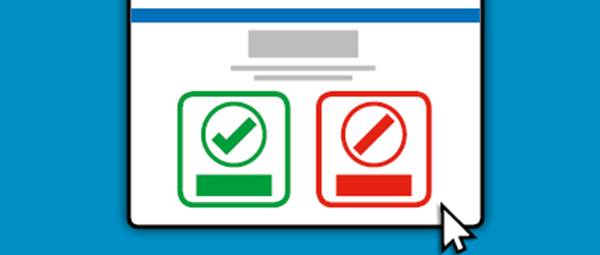Why register?
Find out why it's really important that you do.
The lungs are an essential part of the respiratory system.
When you breathe in your lungs fill with air, and oxygen from that air moves into your blood, allowing it to be carried to all parts of the body.
When you breathe out, a waste gas called carbon dioxide is removed by the lungs. This exchange of gases is vital for survival.
If you choose to donate your lungs when you die you could save someone's life.

Your lungs are a delicate part of the vital flow of oxygen round the body.
When this process becomes damaged or the lungs are diseased, a person can become seriously ill very quickly.
A lung transplant may become the only option for someone with any of the following conditions.

If you choose to donate your lungs after your death you could save the life of someone with end-stage lung disease.
For people waiting on the transplant list with advanced lung disease or low life expectancy, every lung donation is a chance for life.
Anyone can register a decision to become a lung donor after death, there is no age limit.
There are also very few health conditions where organ donation is ruled out completely.
If you would like to help others after you die by becoming a lung donor, the best thing to do is to add your name and decision to the NHS Organ Donor Register.
Act now to save lives in the future.

It takes just two minutes to register online.
Alternatively, you can call us on 0300 123 23 23.
Find out why it's really important that you do.
Organ donation will only go ahead with the support of your family, and clinicians will never proceed with organ donation if your family or loved ones object.
Get tips on how to talk to your loved ones about organ donation